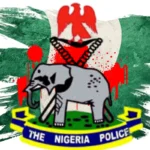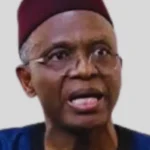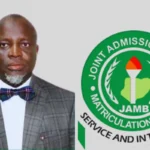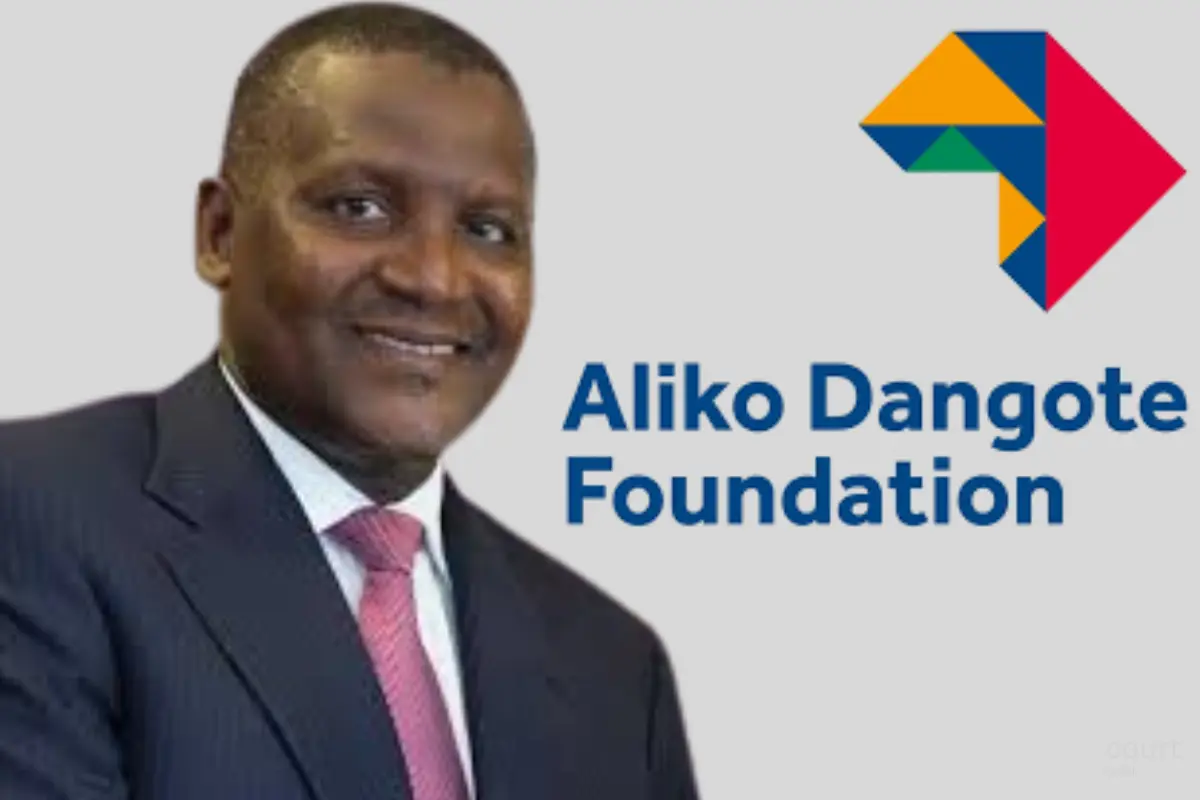Award-winning investigative journalist Fisayo Soyombo has accused the Nigeria Customs Service (NCS), in collaboration with the Nigeria Police Force and the Nigerian military, of plotting to arrest him over his exposés on corruption and misconduct within the agency.
In a series of tweets posted on his X (formerly Twitter) account, Soyombo revealed that he recently became aware of plans to arrest him, a shift from what he described as previous attempts to either bribe or harm him.
“Last night, I became aware of your ongoing plans to arrest me, working in concert with the Nigeria Police Force (NPF) and the Nigerian military,” Soyombo tweeted. “Until now, all Customs officers tried to do was either bribe or kill me. Twice this year, I have been warned about threats by your men to either ‘take me down’ or ‘execute’ me.”
Soyombo attributed the escalating threats to his investigative work, particularly his regular series of “Good morning Nigeria Customs” tweets, which have exposed alleged corruption and smuggling activities involving Customs officials. These revelations culminated in a motion by the House of Representatives last week to probe the complicity of Customs in facilitating smuggling across the country.
The journalist’s work has sparked nationwide discussions about systemic corruption within government agencies, earning him both accolades and animosity.
“I am by this tweet holding you responsible for my safety,” Soyombo stated, addressing the Customs directly. “Should I go missing, Nigerians now know that I am with the Nigeria Customs Service (NCS).”
The House of Representatives’ motion to investigate the Nigeria Customs Service marks a significant development, underscoring the impact of Soyombo’s journalism. However, it has also intensified the challenges faced by the journalist, who has repeatedly raised concerns about his safety in the face of threats from individuals implicated in his reports.
Soyombo’s courage and dedication to exposing corruption in Nigeria continue to shed light on the risks faced by investigative journalists in the country. His latest revelations serve as a stark reminder of the urgent need for stronger protections for journalists and accountability within public institutions.

















